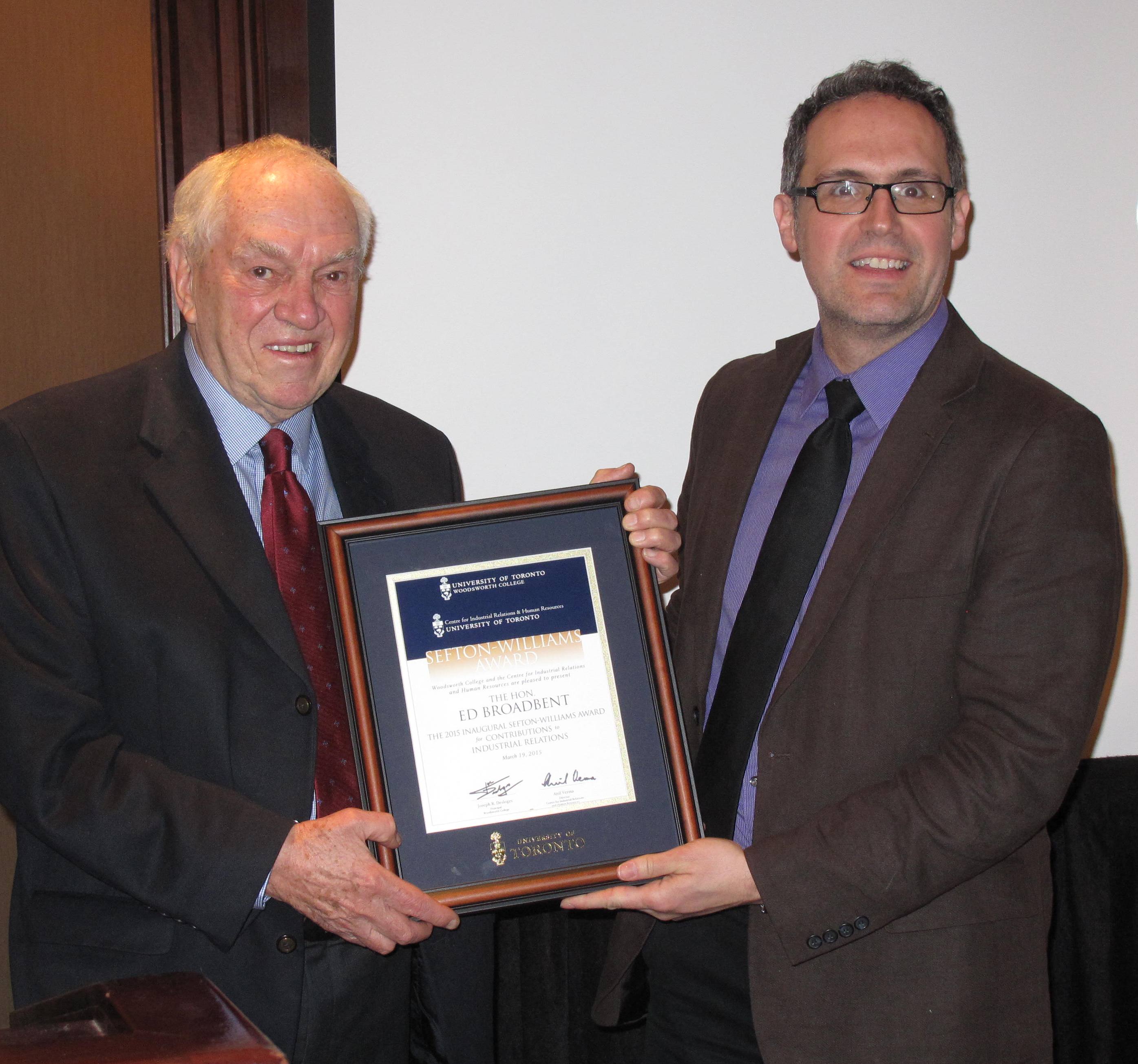If we as New Democrats stay within the welfare state in terms of our polices and vocabulary, we will deserve the dismissal by Canadians which will inevitably follow. I want to stress that the substance and vocabulary of freedom and democracy are very important aspects of Canadian history: Canadians cherish them.
...
We must show we want economic independence not because Americans are evil but because our aim is to create a better society, one in which democratic control over capital will enable us for example to build more houses instead of more office buildings, to do medical research instead of military research and to remove economic disparities instead of allowing the “free” market to increase them.
...
Finally, we propose finding means of effective participation in decision-making at the job level by working people, whether they be unskilled, technicians, or professionals – not because of a commitment to an abstract principle, but because both common sense and the vast majority of empirical studies inform us that under such conditions people are happier, more creative and more cooperative.1

I have quoted at length to make clear that Ed Broadbent, who sadly passed away on January 11th, 2024, was not your typical politician. He was a working-class kid, son of an autoworker and a mother who stayed home to raise the family. He was also a scholar and a professor – having received his PhD in 1966 at the University of Toronto based on a dissertation analyzing the “Good Society” of that preeminent Classical economist and pre-Keynesian John Stuart Mill. It was while he was still a Professor that he was first elected to Parliament in his hometown riding of Oshawa-Whitby in 1968.
The academic aspect of his life is perhaps less well known to the general public, but neither is this facet obscured upon the most cursory of web searches. What is harder to see, and which hasn’t appeared in any of the articles surveying his life is something that I personally discovered over the course of a dinner in Ed Broadbent’s honour on the occasion of him receiving the Sefton-Williams award in 2015 from the University of Toronto (an award cosponsored by CIRHR and Woodsworth College in honour of Larry Sefton and Lynn Williams, two prominent past Canadian presidents of the United Steel Workers).
Ed’s major interest as a scholar was in the area known as “industrial democracy”. The term itself was, and still is, subject to definitional debates, but for young Professor Broadbent it was clear that it meant that democratic participation should not be confined to voting once every four years in a federal election. It meant that all aspects of social and economic life – "productive, community, and parliamentary – should be subject to direct or indirect democratic control."
And because our work and private industry occupy such a large part our lives, it made sense to Ed that we should extend the idea of democratic input and control to employment and labour market outcomes as well.
At the Sefton-Willliams dinner in his honour, he asked me what happened to “industrial democracy?”. I told him it never really went away, but that the terminology had shifted to worker voice and employee participation, but that we maybe needed a “reboot” of sorts in the area in order to generate media interest and spur policy debates about this issue once again.
Within a month of that dinner in spring 2015 I received a call from the Broadbent Institute, asking if I would be interested in writing a policy brief on the state of Industrial Democracy in the 21st century. I was honoured but also a little scared because this was not a topic that was on most people’s radar, especially in policy discourse, or talked about in the mainstream media.
But like so much of Ed Broadbent’s life’s work, he was clearly onto something because the entire area of worker representation and employee involvement has returned to a more prominent place since that 2015 dinner.
Ed never followed what was popular or trendy, he pursued what was right and just. And for that he will be remembered fondly and given a state funeral, the first time that such an honour has been bestowed to a party leader who was neither prime minister nor leader of the opposition.
To find out more about Ed’s interest in industrial democracy feel free to drop by our library or have a look at the volume commissioned by the Broadbent Institute, Workplace Democracy for the 21st Century: Towards a New Agenda for Employee Voice and Representation in Canada: https://www.broadbentinstitute.ca/workplace_democracy


